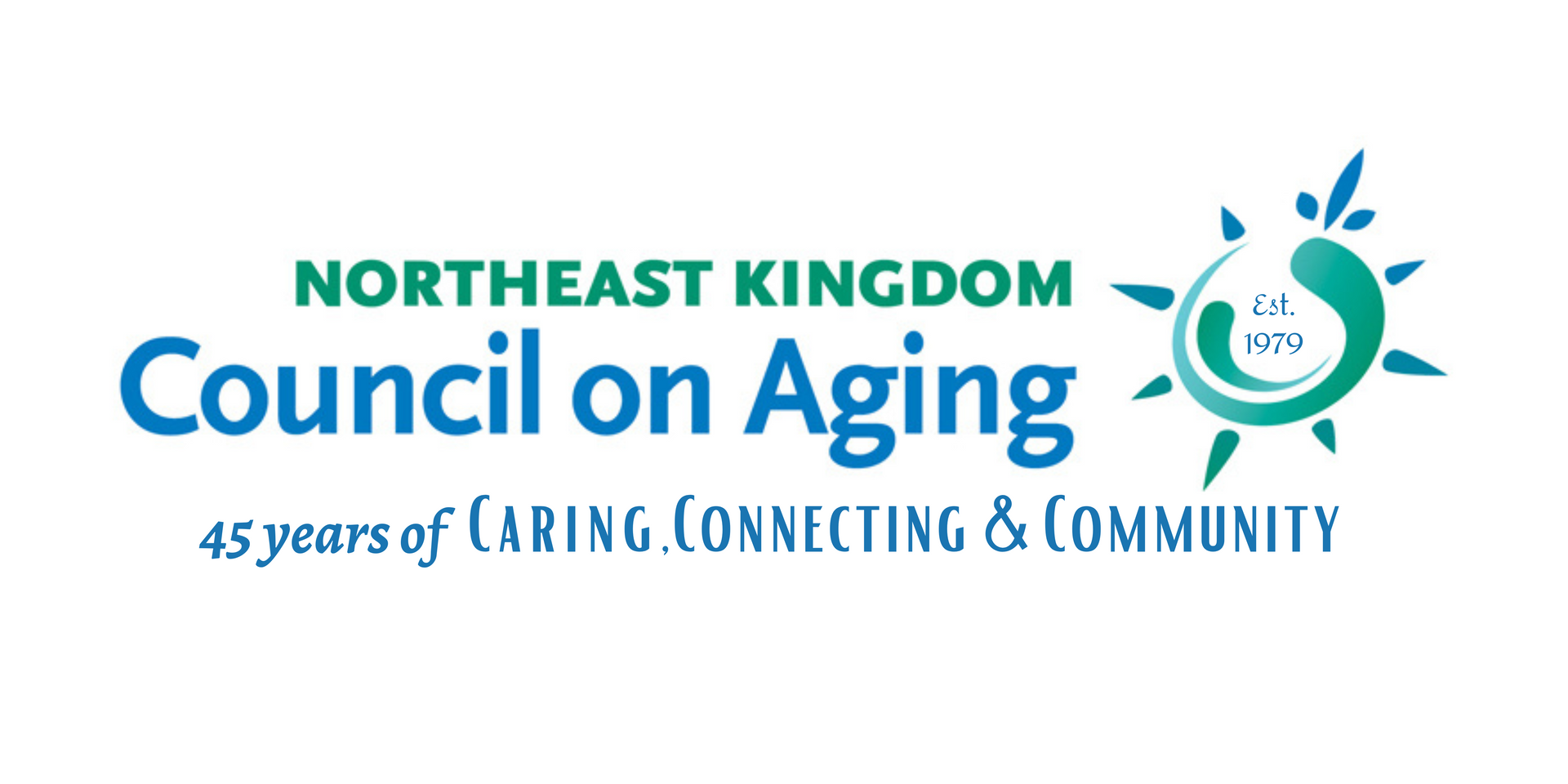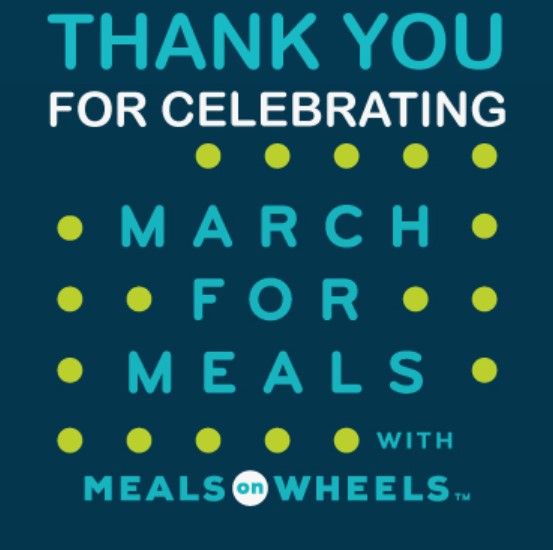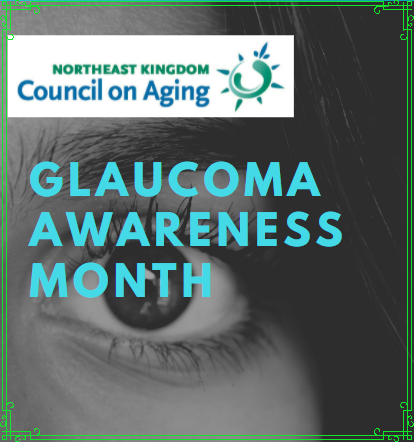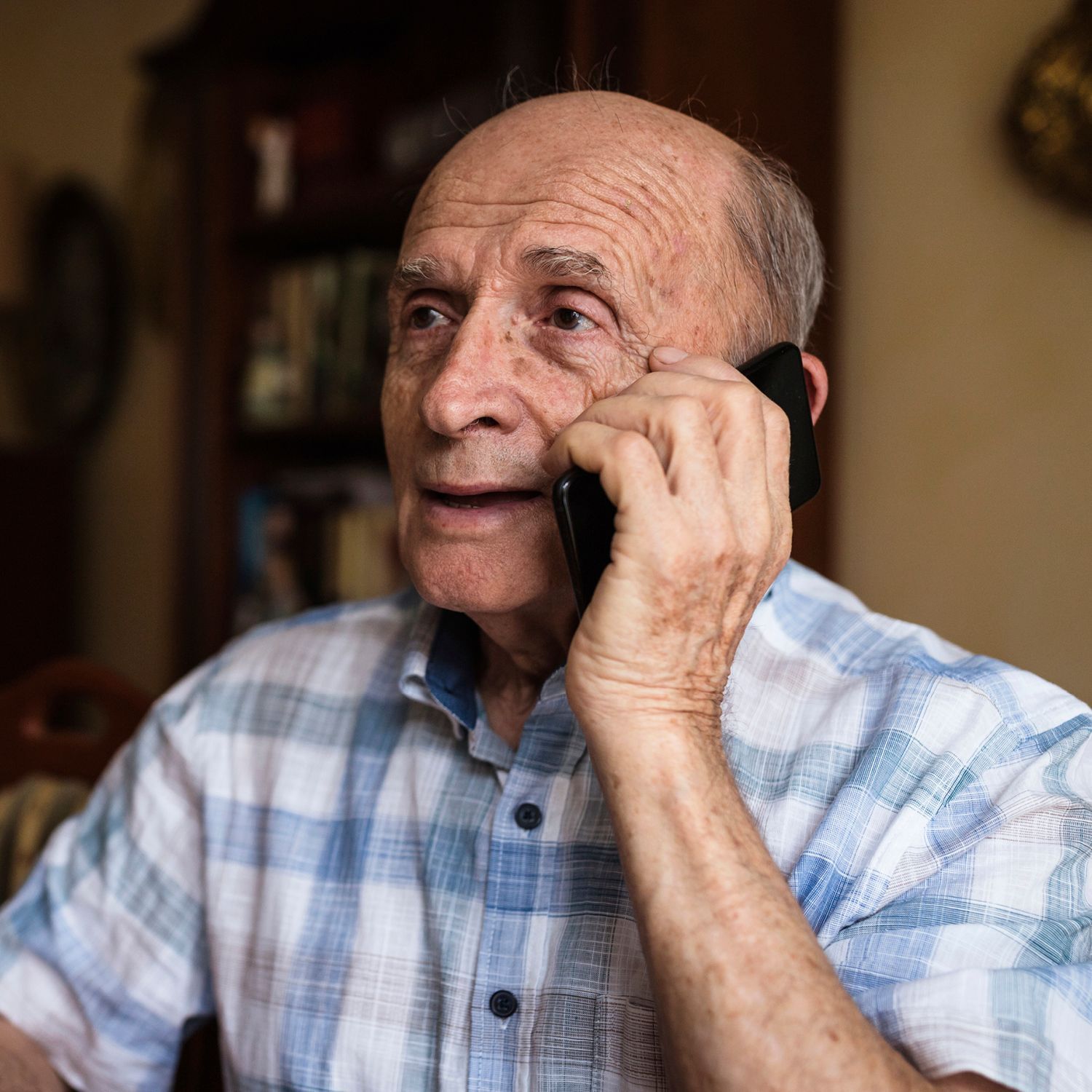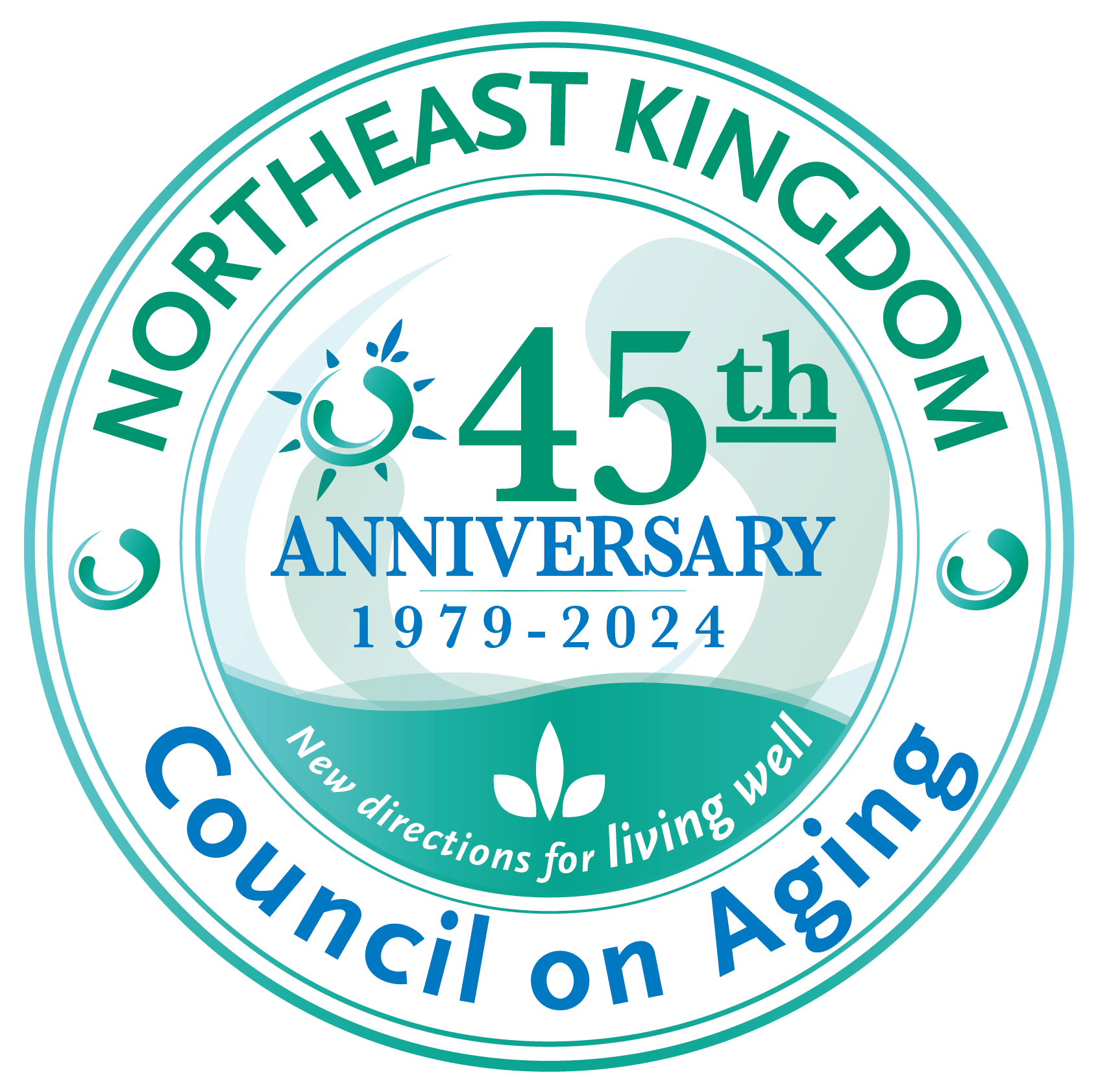Caring for Dementia Patients During a Pandemic
Courtesy of the Caledonian Record - June 11, 2020

By Robin Smith, Staff Writer
Providing daily care for a loved one with Alzheimer’s or another form of dementia is very challenging.
Doing it during a pandemic is something else
entirely.
Pamela Smith, director of caregiver support for
the Northeast Kingdom Council on Aging, said
she continues to be amazed at how caregivers
have adapted during the COVID-19 pandemic,
with the statewide stay-at-home orders, and the
gradual re-opening of society.
Now caregivers are beginning to see a return to
home health or respite visits, but that comes with
its own challenges.
“People with dementia don’t understand what’s
going on … when someone wears a mask,” Smith
said.
“They don’t have the capacity to be able to do
that.”
And the stress of dealing with a pandemic and
a shut-down of society is hard to hide from loved
ones, Smith said.
“Caregivers themselves may
not show it or don’t think they are
showing it to their loved ones. But
people with dementia can be pretty in tune with what’s going on. …
If you’re stressed as a caregiver
your loved one is also.”
It has been especially hard for
caregivers who depended on adult
daycare centers, which closed
during the stay-at-home orders.
Many caregivers rely on respite
workers, and receive grants to
cover that care, Smith said.
But agencies weren’t able to
send their workers into homes.
“Folks who were used to in home help couldn’t have it any
more.”
Home delivery of food and prescriptions helped, and caregivers
have had to be resilient.
Caregivers “are dealing with
the new normal,” Smith said.
“It’s hard but they are doing it.”
A lot of caregivers try not to allow their loved ones to nap during
the day, because then they might
be wakeful at night.
But caregivers need that time
now for essential house work or
for time to look after themselves,
Smith said.
Caregivers are reaching out for
help more than ever in some locations, she said.
She had 16 people involved at
the Alzheimer’s support group at
Northeastern Vermont Regional
Hospital in St. Johnsbury.
“That tells me there is a need
out there.”
She’s broken the group into
two, and conducted remote meetings with them.
It’s a way to provide good information for caregivers, like
tools to handle certain situations,
and how to look after themselves,
but it’s not the same as meeting in
person.
For some caregivers, there are
technical impediments to remote
meetings, either lack of knowledge of or lack of access to high
speed internet.
And for many, these sessions
are a chance to talk with others
face to face about the challenges
they share and to build relationships. There are tears. There are
break-throughs. It’s very personal,
and private.
At a session several years ago
in Newport City attended by this
reporter, participants were able to
help a fellow caregiver who was
in crisis, unable to see how anyone else could help her, by just
offering their support.
And other participants in the
caregiver support group shared
valuable ideas about how to carve
out personal time during an otherwise busy day - ideas that have
been helpful to this day long after
the session ended.
Smith said that she is preparing for the time, perhaps by this
summer, when she may be able to
conduct a support group in person
again, perhaps outside on a porch,
or in a safe setting.
“If we do it right, and find a big
enough place where people can sit
six feet apart and wear a mask.”
In the meantime, Smith is
reaching out however she can,
with phone calls or one-on-one
counseling by remote video conference, offering strategies and
resources, “and letting them know
that whatever happens they are
not alone in their care-giving journey.”
“And caregiver referrals are
still coming in,” she said.
“Even though we might be
in COVID-19, it’s not stopping
people from getting diagnosed
and people are still having a hard
time.”
Smith encouraged anyone who
needs help as a caregiver to call
the NEK Council on Aging at 800-
652-5119.
And if anyone needs immediate
help in a crisis, there is a national
Alzheimer’s help line that operates 24-7 at 800-272-3900.
Everyone is doing what they
can to help each other, Smith said.
And there’s hope for the future.
“We are all looking forward to
the time when we can get back together and give each a hug when
we need to.”
Saint Johnsbury
Hours: 8:00 - 4:00
Appointments are Recommended
481 Summer St., Suite 101
St. Johnsbury, VT 05819
Phone (802) 748-5182
Fax (802) 473-4998
Newport
Hours: 8:00 - 4:00
By Appointment Only
Derby Time Square
5452 US Route 5, Suite A
Newport, VT 05855
Phone (802) 334-2190
Fax (802) 334-3389
